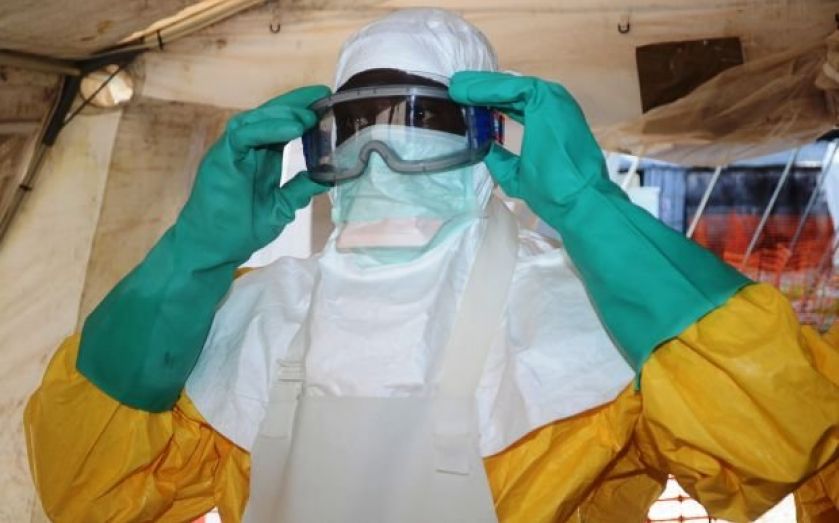| Updated:
Scale of Ebola crisis is vastly underestimated, according to WHO

The World Health Organisation (WHO) has said that the seriousness of the Ebola epidemic spreading across West Africa is “vastly underestimated”.
The epidemic began in Guinea in February and has since spread to Sierra Leone, Liberia and Nigeria.
The death toll as of 11 August was 1,069, which is far higher than any previous outbreak of the disease since it first appeared in 1976.
But according to the health organisation's staff, the number of cases and deaths does not accurately reflect the scale of the problem posed by the rapidly spreading virus.
"Staff at the outbreak sites see evidence that the numbers of reported cases and deaths vastly underestimate the magnitude of the outbreak," WHO said in a statement released yesterday.
It added that the outbreak was likely to continue to spread for some time, and that “extraordinary measures” were needed to tackle it.
"WHO is co-ordinating a massive scaling up of the international response," the statement said.
One of the main problems faced in terms of containing the outbreak has been its occurrence in "settings characterised by extreme poverty, dysfunctional health systems, a severe shortage of doctors and rampant fear".
However, WHO has already said that the chance of the epidemic spreading outside of the afflicted areas is small because the disease is not airborne; it is transmitted via direct contact with infected body fluids.
National emergency in Guinea
Meanwhile, Guinea has declared a national health emergency.
In a statement read out on state radio, President Alpha Conde said people who had been in contact with Ebola victims were "formally banned from leaving their homes until the end of their surveillance period".
So far, Sierra Leone has experienced the most cases of the disease, but the most deaths have occurred in Guinea, where 377 people have died as a result of the disease.